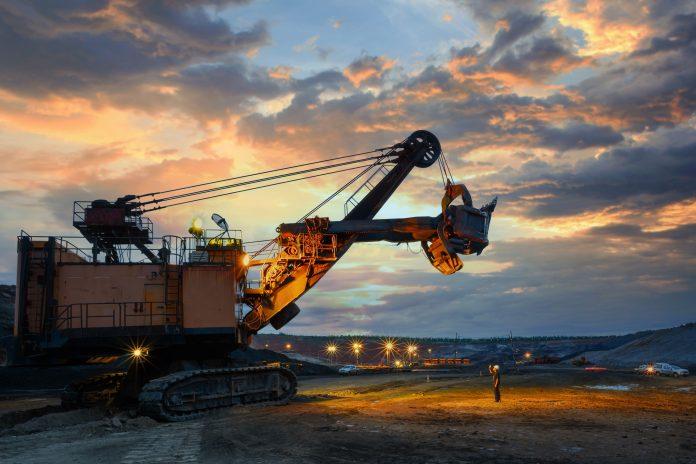Becoming a skilled heavy equipment operator requires comprehensive training to handle the complex machinery involved in construction, mining, and other industries. If you’re considering a career in this field, one of the questions you may have is, “How long does heavy equipment operator training take?” In this article, we will delve into the various subtopics related to the duration and elements of heavy equipment operator training.
Types of Heavy Equipment Operator Training Programs
There are different types of training programs available for aspiring heavy equipment operators. Some programs offer comprehensive courses that cover a wide range of equipment, while others focus on specific types of machinery. The duration of training programs can vary based on the depth of instruction and the number of equipment types covered.
Duration of Heavy Equipment Operator Training Courses:
The duration of heavy equipment operator training courses can vary significantly depending on the program’s structure and the level of expertise desired. While some programs may offer short-term intensive courses that span a few weeks, others may provide more extensive training over several months.
Classroom vs. On-the-Job Training for Heavy Equipment Operators:
Heavy equipment operator training often combines classroom instruction with practical, hands-on experience. Classroom sessions cover theoretical knowledge, safety protocols, and equipment operation principles. On-the-job training allows trainees to apply their learning in real-world scenarios, honing their skills under the supervision of experienced operators.
Accredited Institutions for Heavy Equipment Operator Training:
Choosing an accredited institution ensures that the training program meets industry standards and prepares students for the demands of the job. Institutions such as technical schools, community colleges, and vocational training centers often offer heavy equipment operator training programs.
Training Curriculum for Heavy Equipment Operators:
The training curriculum typically includes a range of subjects such as equipment maintenance, safety procedures, equipment operation techniques, and site management. It aims to equip trainees with the necessary skills and knowledge to handle various heavy equipment effectively.
Basic Skills and Knowledge Required for Heavy Equipment Operator Training:
Before embarking on heavy equipment operator training, candidates should possess certain foundational skills. These include mechanical aptitude, spatial awareness, hand-eye coordination, and the ability to interpret technical manuals and blueprints.
Advanced Skills and Specializations in Heavy Equipment Operator Training:
Beyond the basics, heavy equipment operators can pursue advanced skills and specializations to enhance their career prospects. These may include specialized training in operating specific types of equipment like cranes, excavators, bulldozers, or forklifts.
Conclusion
Becoming a proficient heavy equipment operator requires adequate training and hands-on experience. The duration of heavy equipment operator training courses can vary depending on the program structure and the level of expertise desired. Whether it’s classroom instruction, practical experience, or a combination of both, comprehensive training equips aspiring operators with the skills and knowledge needed to handle heavy machinery safely and efficiently. Accredited institutions play a vital role in providing standardized training programs, ensuring that operators are prepared for the challenges of the industry. By investing in their education and gaining advanced skills, heavy equipment operators can unlock diverse career opportunities in the construction and mining sectors, contributing to the growth and development of various industries.



